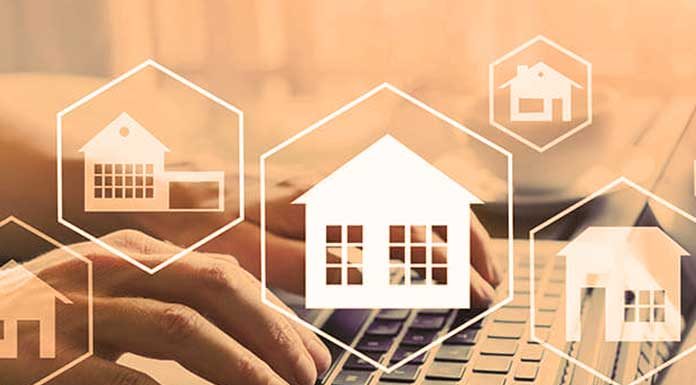Real estate is a sector that has been slightly slower with the uptake of new technologies, more so than other industries. However, times have moved on and real estate is keeping pace with technology trends, often called PropTech, adoption of which is already having significant impacts.
According to Jamie Johnson, CEO of FJP Investment, “As a result of this nascent property technology revolution, many real estate companies are now seeking advice and information on what technologies are available and the best way to integrate them into their business model. The technology revolution in general is on the cusp of monumental changes. ”
Mr. Jamie Johnson is right about that. Indeed, as pronouncements from the World Economic Forum have made perfectly clear with the Fourth Industrial Revolution, the technologies in the pipeline will not only change the way things are being done, but they will also change people because some of these technologies will be integrated into human physiology itself.
Set out below are the main Proptech tends that are making waves in the real estate market.
Fifth Generation Wireless – 5G
5G wireless technology is a foundational technology in the sense that many other technologies will rely upon it for optimal performance. From driverless vehicles to superfast download speeds, all will rely on 5G to achieve this. The exponentially increasing number of smart devices and sensors, which are becoming ubiquitous, will all need the extra bandwidth that 5G offers.
Home security technology will greatly benefit from 5G technology. Cameras, microphones, and sensors installed around properties will be able to transmit at super-fast speeds and with high definition.
Before all this can be taken advantage of, however, a new infrastructure of considerably more base stations will be required to transmit the millimetre-wavelength signals, compared to the older technology already in place. This could create a market for commercial property owners with the opportunity to lease space to 5G providers for the installation of these base stations.
Artificial Intelligence (AI)
As the real estate sector adopts more technology, AI and machine learning will enhance their ability to analyse their data collection and make it more actionable.
A good example of how AI and machine learning will be able to improve actionable data is with property searches. Currently, searches are done by general searches by location and size; AI will be able to analyse the mass of data and recommend choices based on things like personal preferences, values, and even personality traits. AI and machine learning algorithms will soon know us better than we do.
Chatbots on property search sites will be able to respond to questions much faster and more efficiently. Furthermore, chatbots or estate agents will be able to do virtual showings of a property, saving time and money.
The entire property buying process will become digitised, speeding up the customer experience. A paperless system would also be better for the environment, using fewer natural resources.
Big Data
Data is the fuel that feeds AI and machine learning, and the more data collected, the better the analytics will be. This data will enable real estate agents, property developers, and property management companies to make better data-driven decisions.
Big data can be utilised by landlords and property management by gathering information on numerous building systems, such as fire safety, utilities, electrical, telecoms, etc. and using this data to identify and take action on maintenance. It could be possible to pre-warn property managers that equipment is about to fail before it even does, something that could save downtime and be better for tenants.
Internet of things (IoT)
From your next-door neighbour to the local news, the Internet of Things is a term that is becoming more common. Basically, it refers to all smart devices which are connected to the cloud and are permanently sending and receiving information.
Smart sensors situated all over the building can alert landlords or property management of any problems, including predicting problems that are likely to show up in the near future. Predictive maintenance can potentially save money by preventing a small problem from becoming a big one.
All the data that has been collected from the smart devices and sensors could potentially be downloaded by homeowners to give a clear historical picture of maintenance and upkeep. This would help save costs on periodic and pricy inspections to gauge the condition of the property.
Perhaps more importantly, as governments around the world are becoming more assertive with their environmental policies, these smart devices could go a long way towards improving energy efficiency and reducing costs.
Drones
It is now much easier to view your dream home from a perspective that would previously have been prohibitively expensive: from the air. They are ideal for all property types, but especially useful for larger properties with land, allowing prospective buyers and sellers to showcase the size and scale of their land and properties.
Drones can also help with maintenance and repair work by spotting work that needs to be carried out. Indeed, drone footage could even aid in negotiations of purchase price based on the condition of the property as revealed by the footage.
What is clear is that the developers, estate agents, and landlords that integrate these burgeoning technologies will fare much better.

